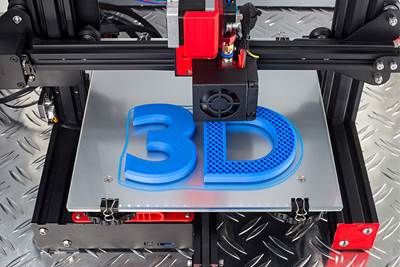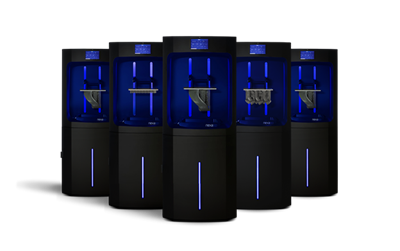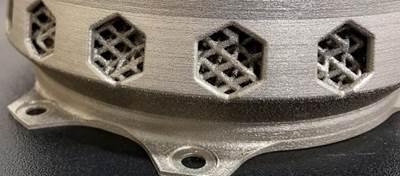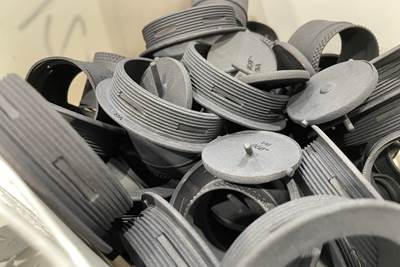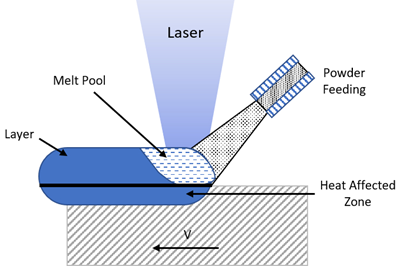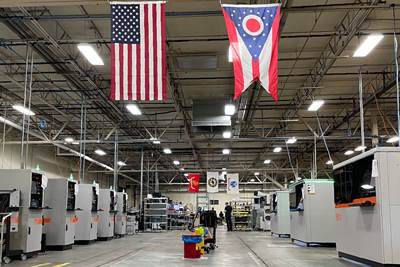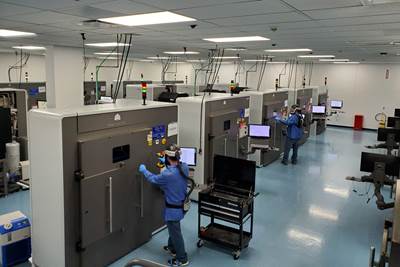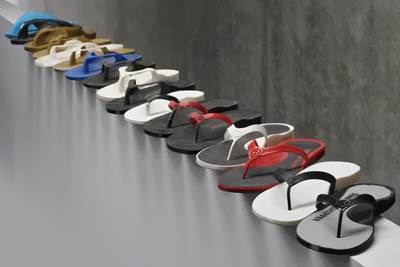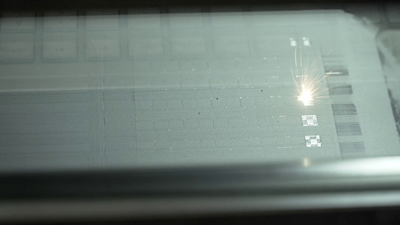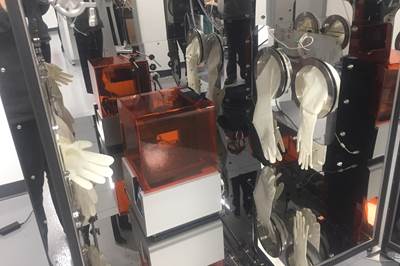Basics
PAMA Supports 3D Printing Innovation, Standards
PAMA is a collaboration between the U.S. Department of Commerce’s National Institute of Standards and Technology (NIST) and RadTech, the nonprofit trade association dedicated to advancing ultraviolet and electron beam technology.
Read MoreHow to Improve Polymer AM Productivity 20X
A fast cycle time is critical to efficient production 3D printing, but it’s not the only thing. How you choose the right parts for AM, prepare jobs for production, and manage post processing will have just as big an impact on total 3D printing throughput. It all needs to work together to achieve maximum productivity.
WatchHow Siemens Energy Applies Additive Manufacturing for Power Generation and More
At an applications center in Orlando, Florida, a small team of AM specialists is spanning industries by 3D printing parts to support both Siemens Energy power generation systems and external customers.
Read More5 Scenarios Where Additive Manufacturing Should "Win" the Production Work: AM Radio #14B
In some cases, it makes sense to switch from 3D printing to some other process, but there are also cases where AM can and should win the production work. Here are 5 examples.
ListenPowder Comparison: Standards for DED Material Substitutes
What powder properties lead to performance similar to a DED powder? Basic flowability energy, particle density and particle morphology are key candidates.
Read MoreWhen Additive Manufacturing Becomes Business As Usual
Medical implant manufacturer Tangible Solutions has had its share of growing pains to arrive at full-scale production via AM. But now, the company’s challenges are those that any contract manufacturer might recognize.
Read MoreAM for Production: Where Conventional Lessons Do and Do Not Apply
As RMS has grown its additive manufacturing division, it has discovered which principles of subtractive manufacturing apply to additive, and which do not.
ListenThe 12-Month Transformation of a 3D Printed Product's Design
Rapid product development and continuous improvement are among the advantages of utilizing 3D printing for production. Retraction Footwear offers a literal illustration of the design evolution possible in just one year.
Read MoreVideo: What Is Laser Powder Bed Fusion (LPBF)?
Laser powder bed fusion is likely the most widely used metal additive manufacturing process. Here is how it works, including benefits, issues to consider and applications for this 3D printing technology.
WatchVat Photopolymerization and VOC Emissions: Study Results and User Guidelines
New research conducted by Chemical Insights, part of Underwriters Laboratories, is studying volatile organic compounds (VOCs) and particles emitted by resin-style 3D printers. Here are what the results indicate and how to operate machines safely.
Read More
